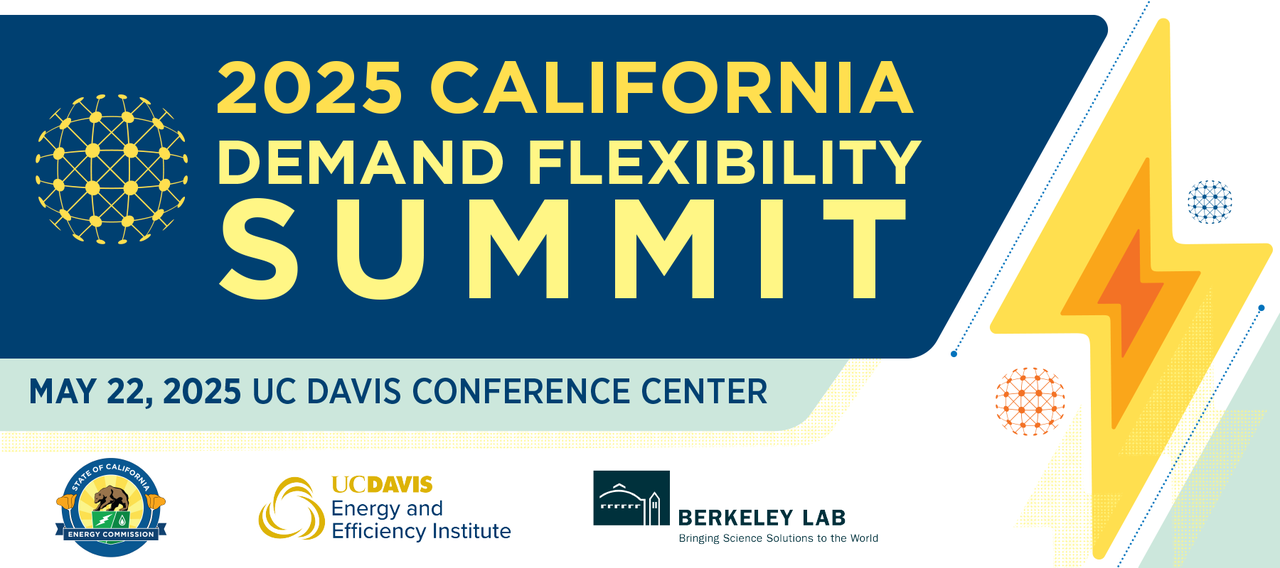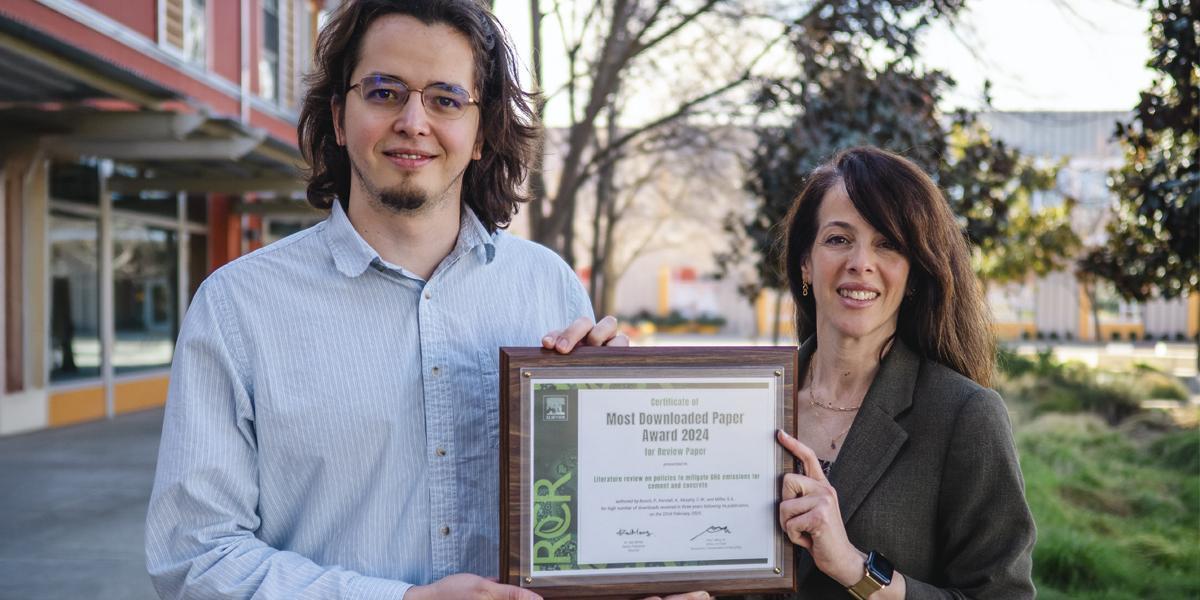- Home
- »
- News
News
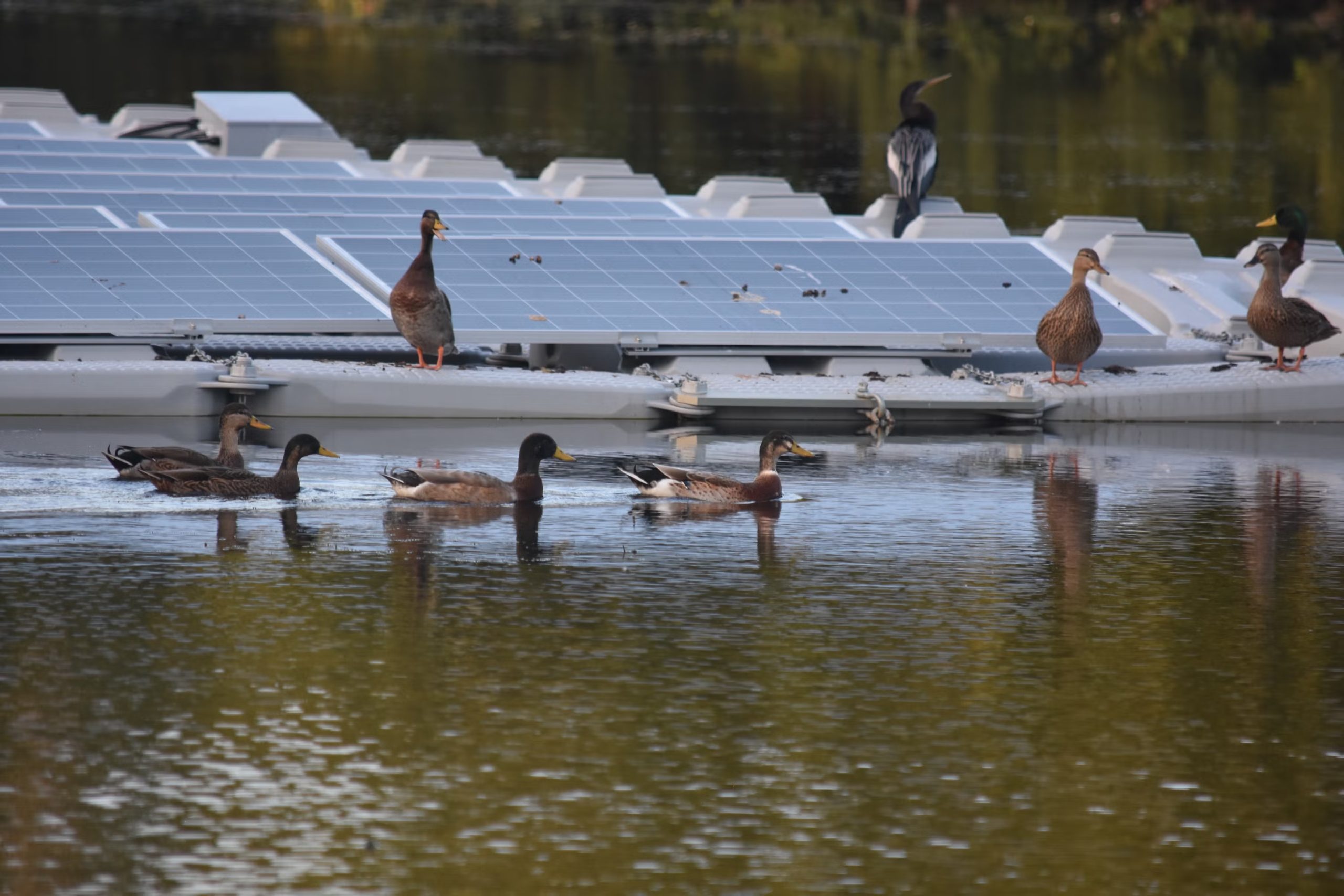
- News
A new study from the UC Davis Wild Energy Center explores how floating solar energy systems—known as “floatovoltaics”—can coexist with waterbirds that rely on the same aquatic habitats. As these renewable energy installations expand across reservoirs, irrigation ponds, and wastewater facilities, researchers are investigating their potential impacts on bird species that nest, forage, and rest in these environments.
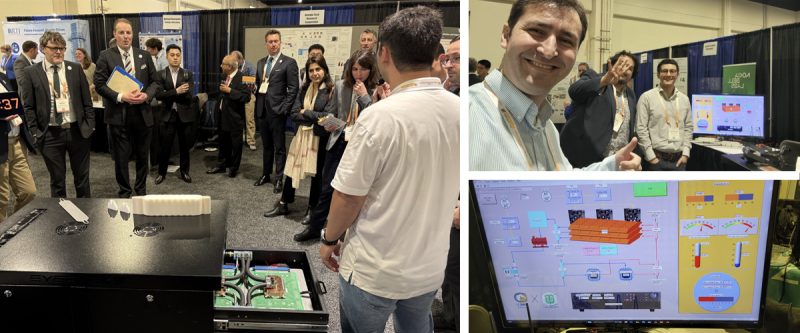
- News
WCEC researchers recently returned from the 2025 ARPA-E Energy Innovation Summit in Washington, D.C., where they presented a liquid cooling demonstration as part of the COOLERCHIPS program.

- News
We spend 90% of our time indoors, and the air quality directly impacts our health. Dust, allergens, and airborne illnesses build up in our homes, schools, and workplaces, influencing our well-being and productivity every day.
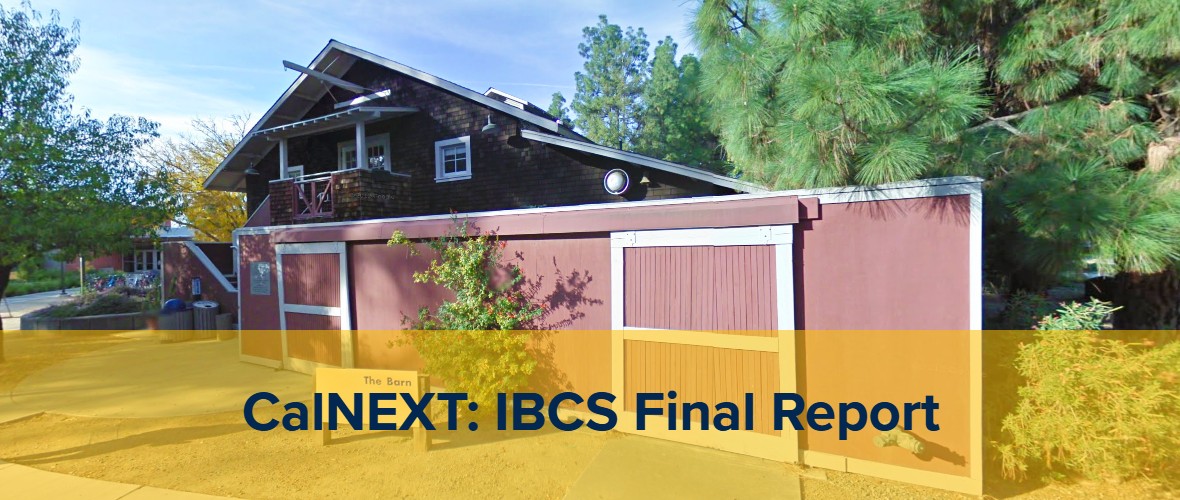
- News
A new CLTC study demonstrates that integrating building systems under a centralized Building Automation System (BAS) can significantly reduce energy use. A team led by CLTC Director of Engineering Keith Graeber conducted field research at “The Barn,” a two-story, 2,068-square-foot building on the UC Davis campus.

- News
Indoor air quality has a direct impact on health, influencing everything from respiratory health to disease transmission. WCEC Co-Director of Engineering Theresa Pistochini is leading efforts to develop smarter HVAC systems that improve air quality in schools.
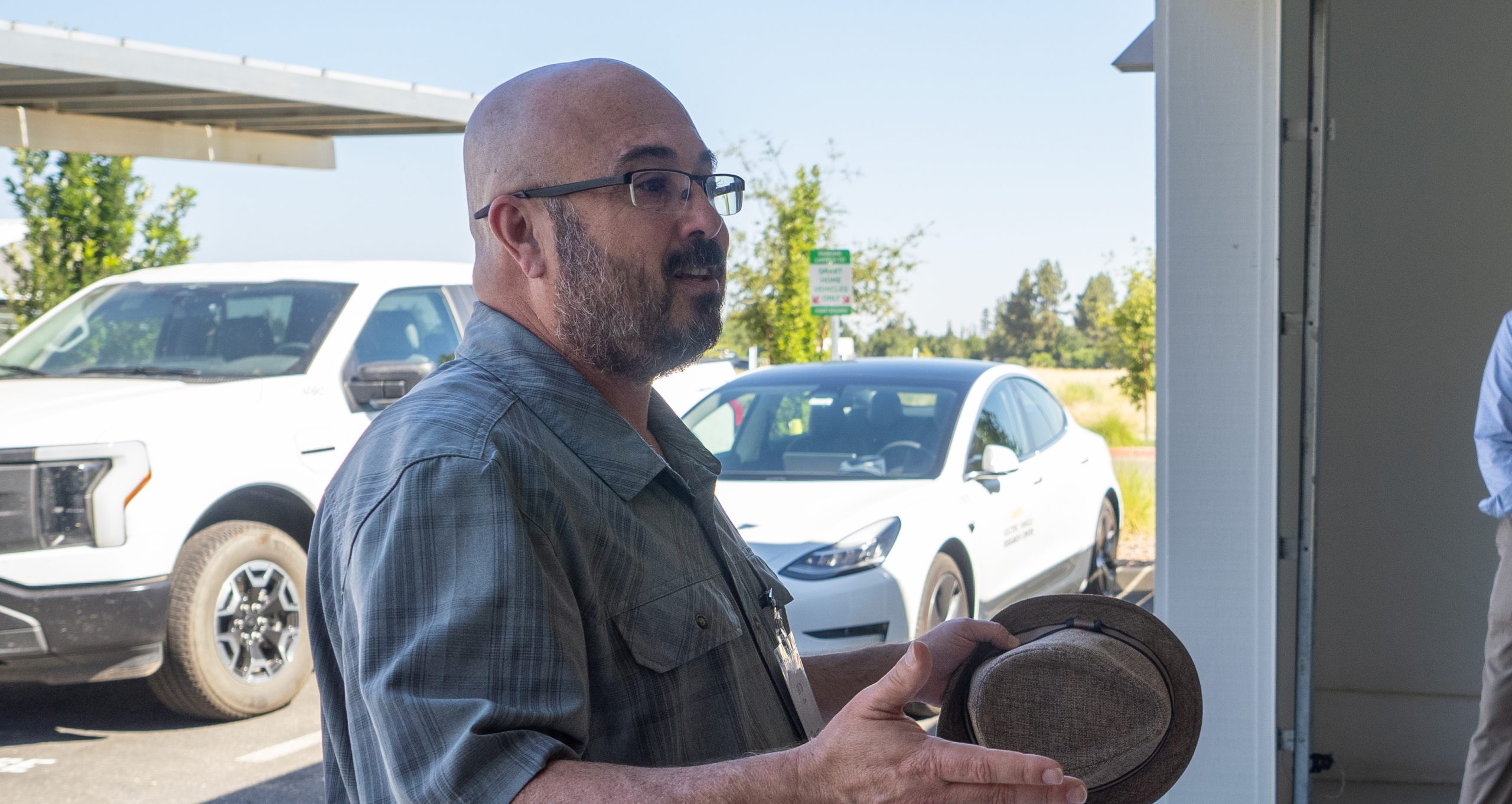
- News
The latest episode of the UC Davis podcast Unfold dives into one of the biggest obstacles to EV adoption: unreliable public charging. While range anxiety is no longer a top concern, drivers now struggle to find chargers that actually work.


